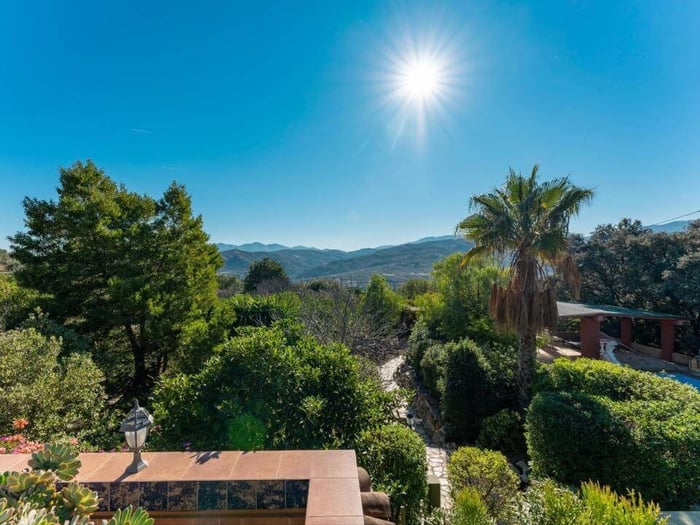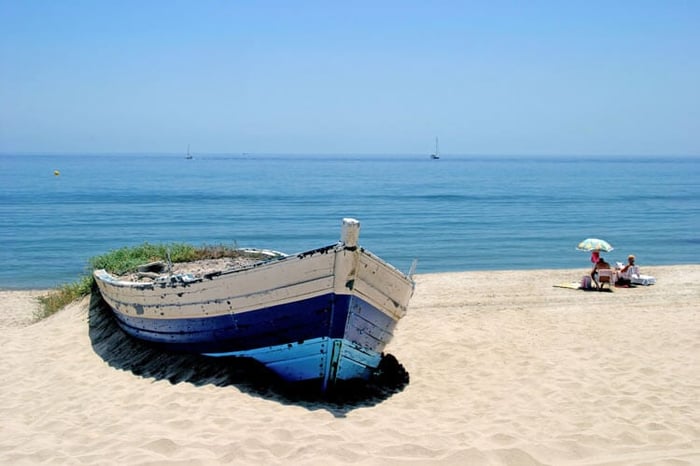The Spanish housing market has certainly kicked off this year after a long slump following the financial crash.
Covid certainly hasn’t dampened the spirit of foreign buyers in Spain with record numbers arriving on the Costa Del Sol seeking their dream home.
If you are planning on buying a property in Spain, there are many factors to take into consideration.
There are no restrictions on foreign buyers purchasing property here in Spain. For non-residents, getting a mortgage can be challenging, but certainly not impossible. Spanish mortgage lenders offer an array of mortgage products for foreign investors. In fact, the government operates a special visa-and-property scheme. See our blog on Spanish Visa
Spain offers the usual types of mortgages as seen elsewhere in Europe, with additional expat-focused Spanish mortgages offered by international banks and Spanish banks like Banco Sabadell.
The biggest difference between residential and non-residential loans is the maximum loan-to-value that banks will allow. Residents can generally borrow up to 80% of the property’s value while non-residents are limited to 60%, depending on the mortgage and property type, unless you are purchasing a bank repossessed property, then you can borrow up to 100% of the property value.
In some cases, as with many international banks, the mortgage you get may be based on the bank’s valuation of the property rather than the price you pay. Thus, if the bank valued your property at €125,000, you could traditionally borrow up to €87,500, even if your purchase price was only €100,000.
Also keep in mind that the criteria for non-EU citizens may be different compared to those who reside in the EU, and that generally expats applying for a Spanish mortgage will have different rates and less financing.

Spanish mortgage rates for non-residents are often not the same as those offered to residents. These less favourable conditions include higher interest rates for non-residents. While interest rates in Spain for residents are at historic lows with many new mortgages having rates of 1% or less, non-resident mortgages can be subject to interest rates of at least 2-2.5%. Non-resident mortgages in Spain usually have fixed rates and do not exceed 20 years.
When using a Spanish mortgage lender, you should allow up to 10-15% of the total purchase amount for transaction costs. Therefore, if your property is valued at €120,000 and you can borrow 70% of this amount, you need to have a €36,000 down payment plus up to €1,760 in savings.
Typical closing costs include transfer and stamp taxes, the bank’s arrangement fee and opening fee, a notary fee and registry fee, and a bank assessor’s fee. Residential properties are subject to various Spanish taxes, which are all paid by the buyer. Transfer tax is up to 10% of the purchase price, depending on the property’s location. Your Real Estate Agent or Lawyer will be able to tell you what rate to expect once you find a property.
These fees are typically part of the mortgage closing costs. They may need to be paid directly to one or more taxing authorities.
All Spanish residential property owners must have home insurance to cover the value of the property. Life insurance is not mandatory, but many banks will require borrowers to take out life insurance policies sufficient to pay off the outstanding mortgage balance.
You may also want to consider getting mortgage insurance, which would protect you if you can’t make mortgage payments. Having an active life insurance policy and a mortgage insurance policy before applying for a mortgage may even provide access to better interest rates.
When you want to apply for a non-resident mortgage in Spain, banks will require a lot of documents, from work contracts to tax returns to proof of funds. One of the key documents that you will be asked for is your credit rating from your home country. In the case of the UK, this can easily be obtained from one of the 3 main credit reference agencies, Experian, Equifax or TransUnion. If you are a non-resident in Spain, you will also need an NIE number (Foreign Identification Number) which can be obtained at a police station. This can also be done in a Spanish embassy or consulate if you are abroad. This is similar to a British National Insurance Number. You cannot buy a property in Spain without one.
Most of the larger Spanish banks offer mortgages to non-residents, most notably Banco Santander Central Hispano, Cajasur and Banco Sabadell, with the latter offering mortgages on properties that do not have an AFO (Asimilado a Fuera de Ordenación).
For more information, please see: Property Taxes in Spain and our Guide to buying property in Spain





